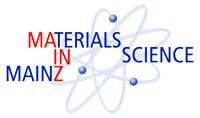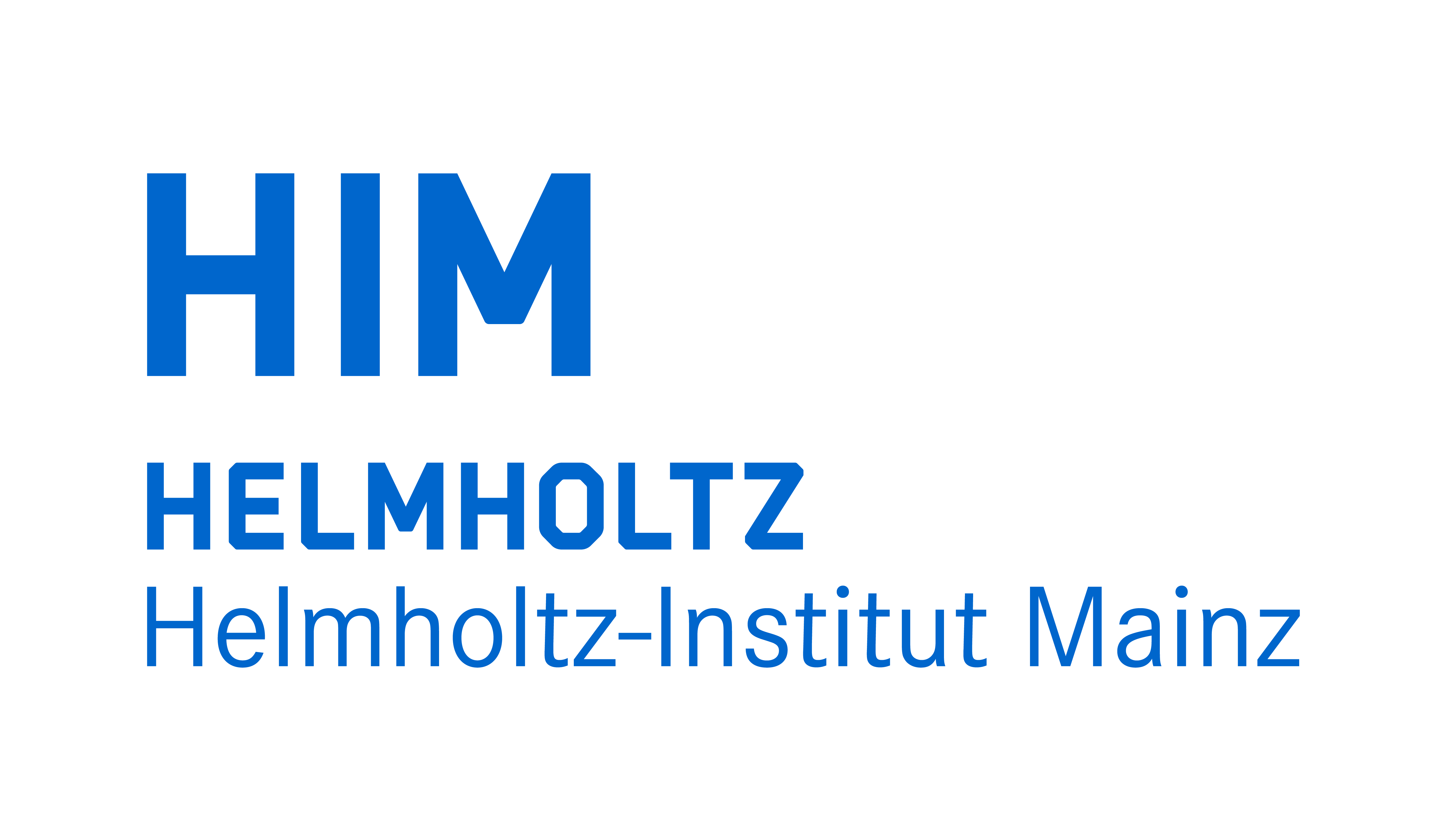


Physikalisches Kolloquium
April 20, 2021 at
4:15 p.m.
only via
Recording of the presentation
Prof. Dr. Friederike Schmid
Institut für Physik
friederike.schmid@uni-mainz.de
Prof. Dr. Hartmut Wittig
Institut für Kernphysik
hartmut.wittig@uni-mainz.de
Affinity maturation of antibodies targeting HIV spikes
Mehran Kardar (Massachusetts Institute of Technology, Cambridge, USA)
Affinity maturation (AM) is the process through which the immune system evolves antibodies (Abs) which efficiently bind to antigens (Ags), e.g. to spikes on the surface of a virus. This process involves competition between B-cells: those that ingest more Ags receive signals (from T helper cells) to replicate and mutate for another round of competition. Modeling this process, we find that the affinity of the resulting Abs is a non-monotonic function of the target (e.g. viral spike) density, with the strongest binding at an intermediate density (set by the two-arm structure of the antibody). We argue that, to evade the immune system, most viruses evolve high spike densities (SDs). An exception is HIV whose SD is two orders of magnitude lower than other viruses. However, HIV also interferes with AM by depleting T helper cells, a key component of Ab evolution. We find that T helper cell depletion results in high affinity antibodies when SD is high, but not if SD is low. This special feature of HIV infection may have led to the evolution of a low SD to avoid potent immune responses early on in infection. Our modeling also provides guides for design of vaccination strategies against rapidly mutating viruses.